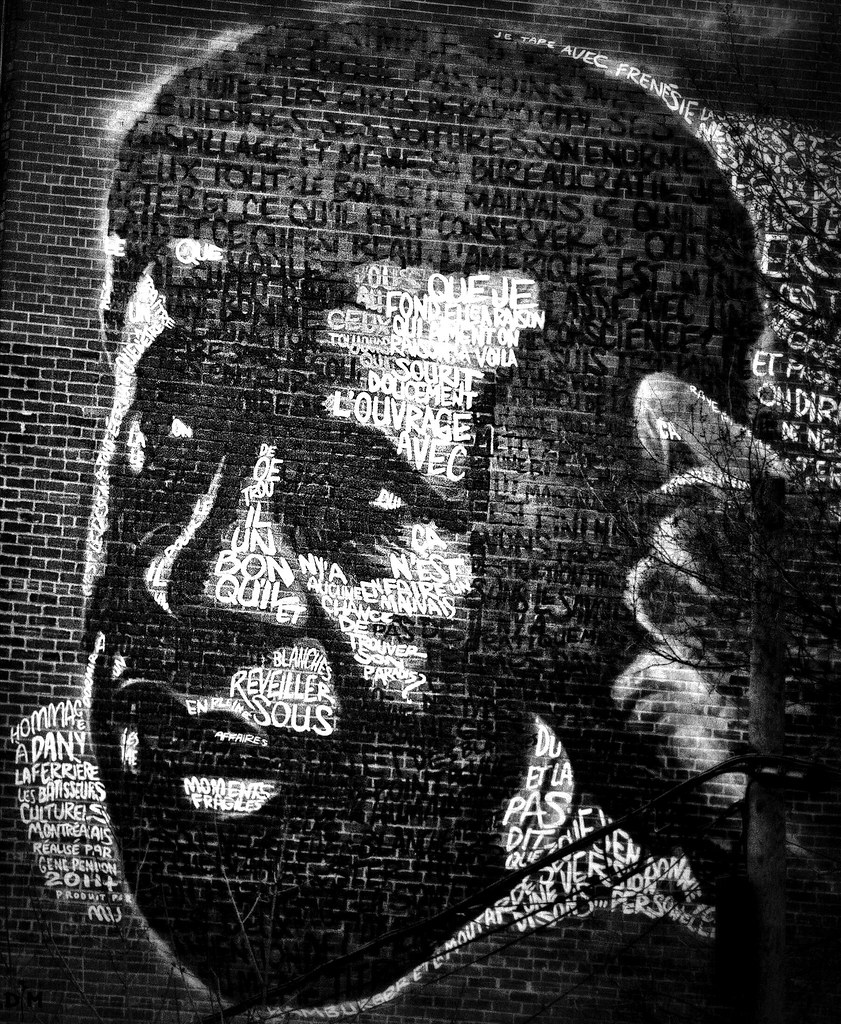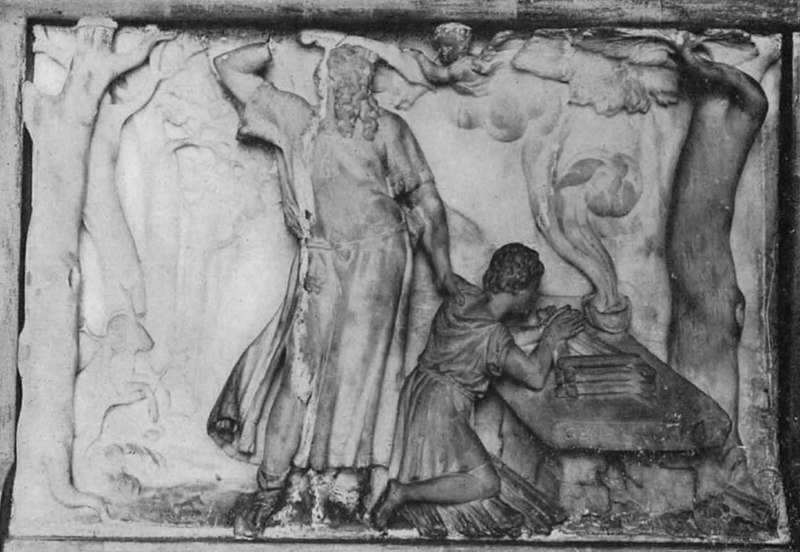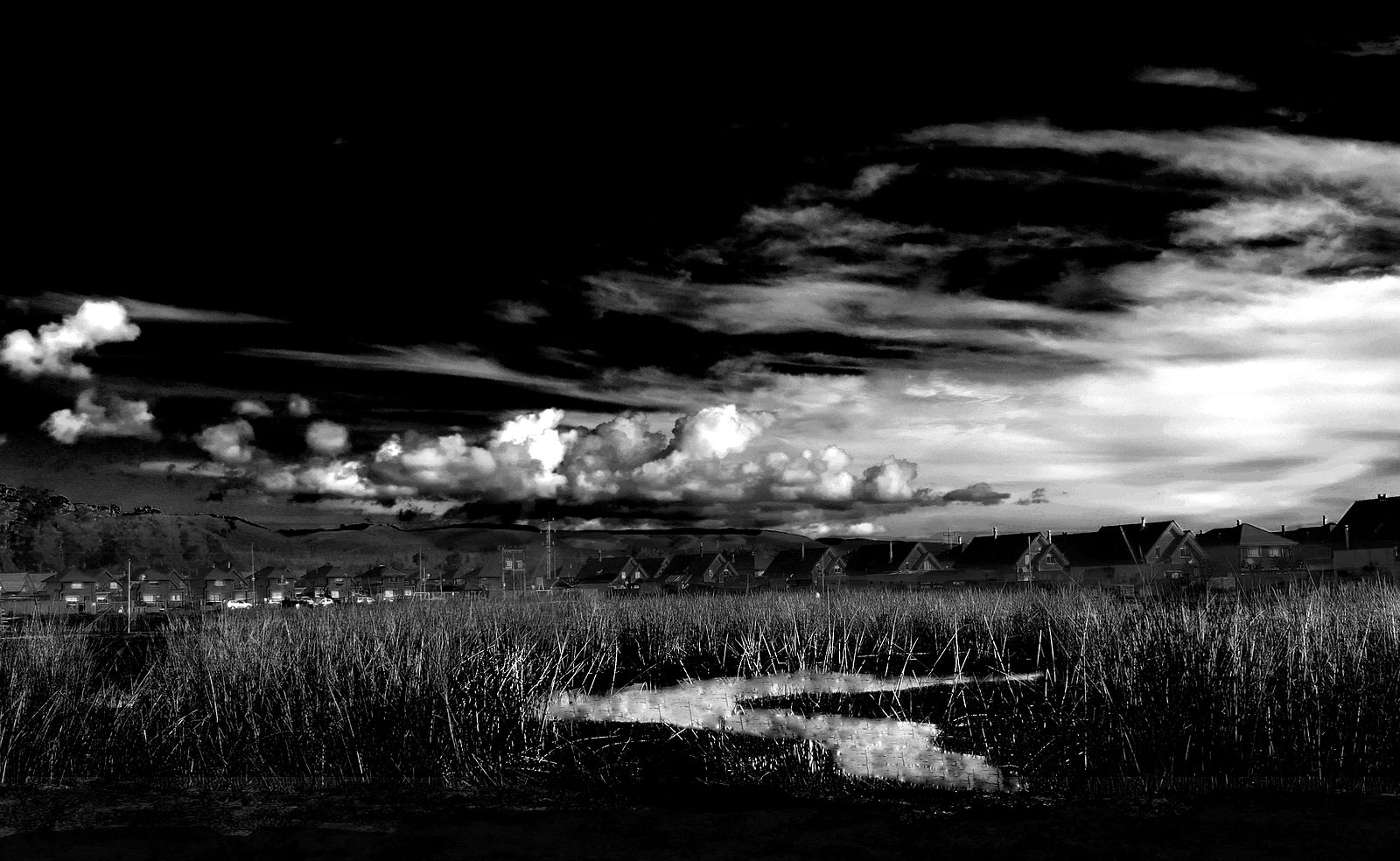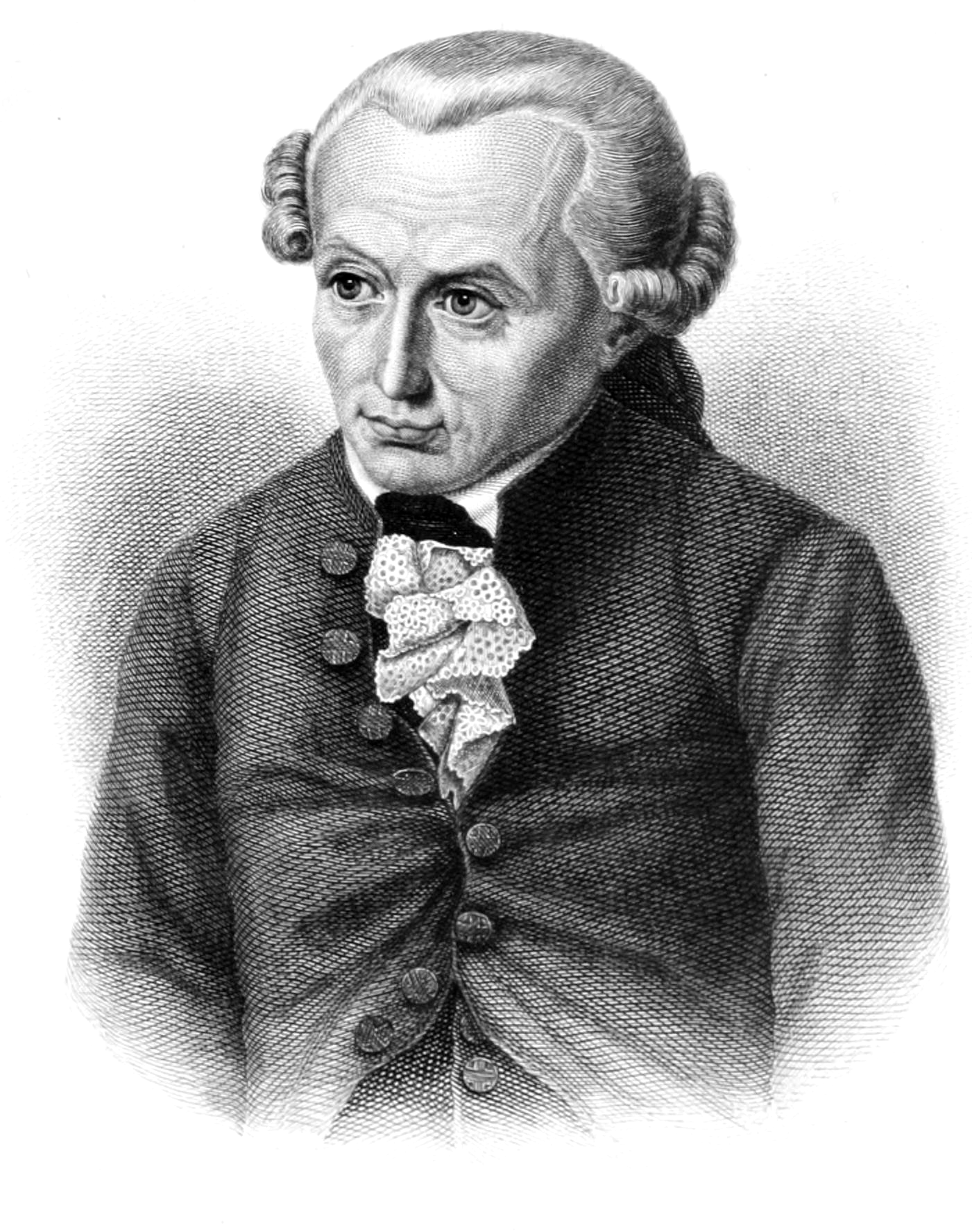Participants are invited to join us live in the first of a monthly series of “Critical Conversations” (Zoom webinars) with eminent scholars from around the globe. If you are interested


CRITICAL THEORY | SOCIAL ANALYSIS | POLITICAL PHILOSOPHY AND THEOLOGY

Participants are invited to join us live in the first of a monthly series of “Critical Conversations” (Zoom webinars) with eminent scholars from around the globe. If you are interested

The following is the first of a four-part series on the current upsurge in antiracist activism in America as well as its intellectual roots, historical context, and implications. Since the

In this new series of Literary Conversations, New Polis general editor Roger Green engages with contemporary writers on aesthetic and thematic trends in their work. The initial conversation is posted

The following is the first of a two-part series. The first can be found here. It is republished from Religious Theory on May 9, 2020. A philosophy of finite human time is

The following is the first of a two-part series. It is republished from Religious Theory on May 1, 2020. The Death of God theological movement of the mid-twentieth century serves

The full PDF version with extensive footnote documentation of Kant’s arguments can be found here. Introduction Kant’s racism has received much attention in recent years. In opposition to the traditional